Keywords: Indigenous Rights
-
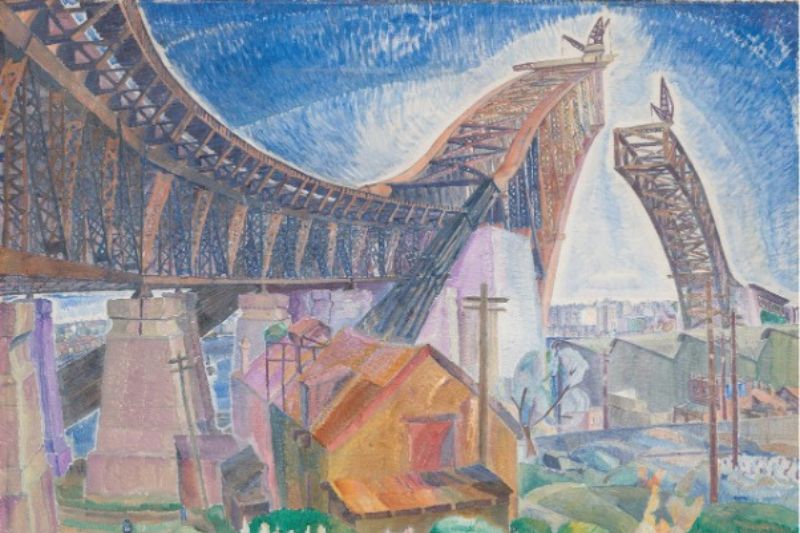
AUSTRALIA
- Frank Brennan
- 27 May 2024
8 Comments
Following the failure of the Voice referendum, many believed that the path to constitutional recognition is closed for Indigenous Australians. But they may be wrong.
READ MORE
-

AUSTRALIA
- Frank Brennan
- 13 May 2024
2 Comments
The Albanese government’s refugee and asylum policy is in a mess. When Minister Giles introduced his Migration Amendment Bill, they bypassed typical parliamentary procedures, wanting to be seen as tougher than Peter Dutton in getting unvisaed non-citizens out of the country. It’s time for the government to return to due process in this whole field.
READ MORE
-
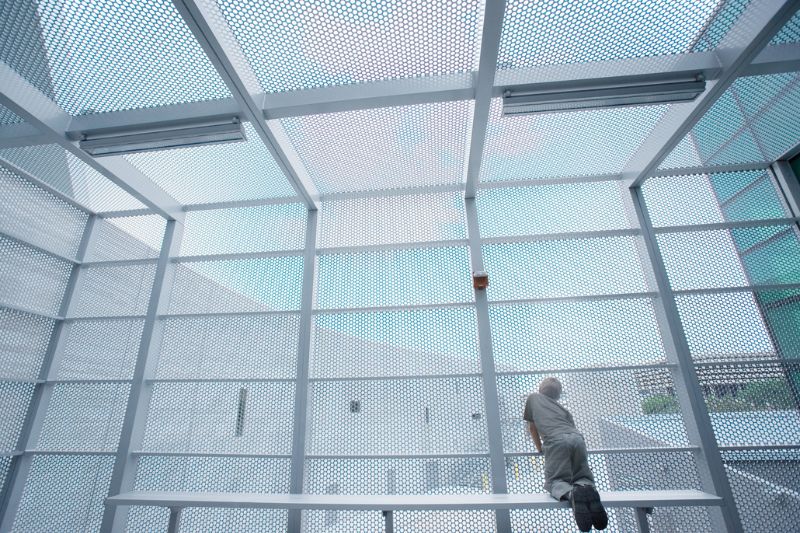
AUSTRALIA
- Andrew Hamilton
- 08 May 2024
3 Comments
With the Queensland Government changing the Youth Justice Act, detention of children will no longer be seen as a last resort, causing widespread dismay among youth justice advocates. It invites reflection on what we should expect when we advocate for a cause, ranging from climate change to perceived injustice, and how we should evaluate our efforts.
READ MORE
-
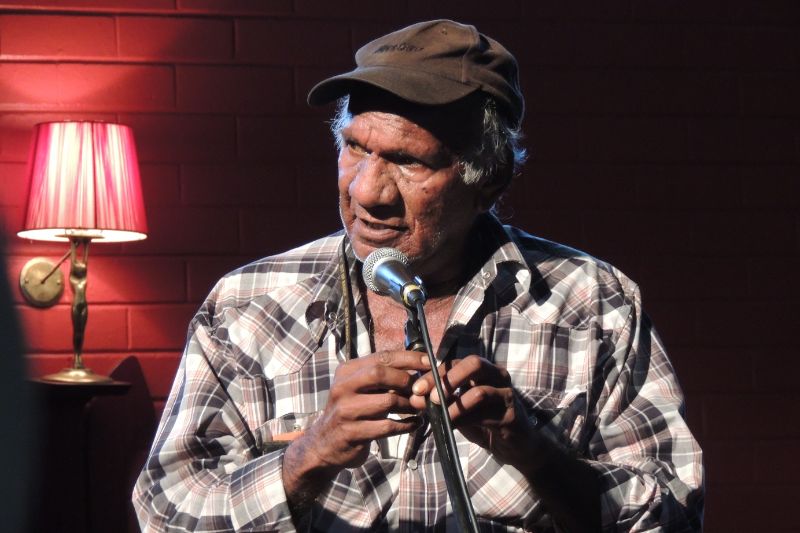
ENVIRONMENT
- Michele Madigan
- 18 April 2024
7 Comments
An Arabunna man, Uncle Kevin Buzzacott devoted himself to the protection of that delicate, glorious country of north eastern South Australia with its Great Artesian Basin’s ancient waters threatened by the succession of powerful mining companies operating Roxby’s Olympic Dam.
READ MORE
-
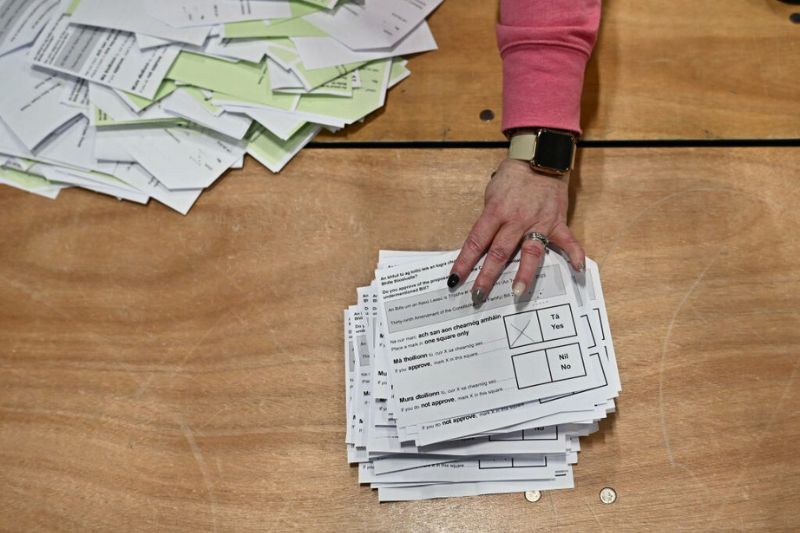
INTERNATIONAL
- Andrew Hamilton
- 21 March 2024
3 Comments
Much like Australia's recent Indigenous Voice Referendum, the recent Irish referendum sought to change constitutional perspectives on family and marriage met with overwhelming defeat. What does this reveal about the relationship between public sentiment and the process of enacting constitutional changes?
READ MORE
-
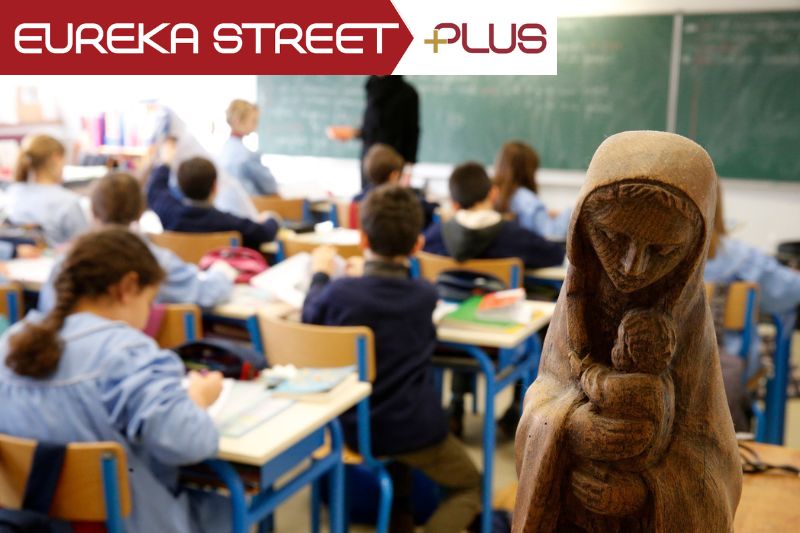
RELIGION
- Ann Rennie, Bernadette Mercieca
- 09 February 2024
5 Comments
Today, the claims of Christianity are no longer common knowledge among a Catholic student cohort that comes from many faith traditions and none, but the Catholic school has a place for them all. Has the classroom become the ecclesial face of the Catholic Church in the 21st Century?
READ MORE 
-
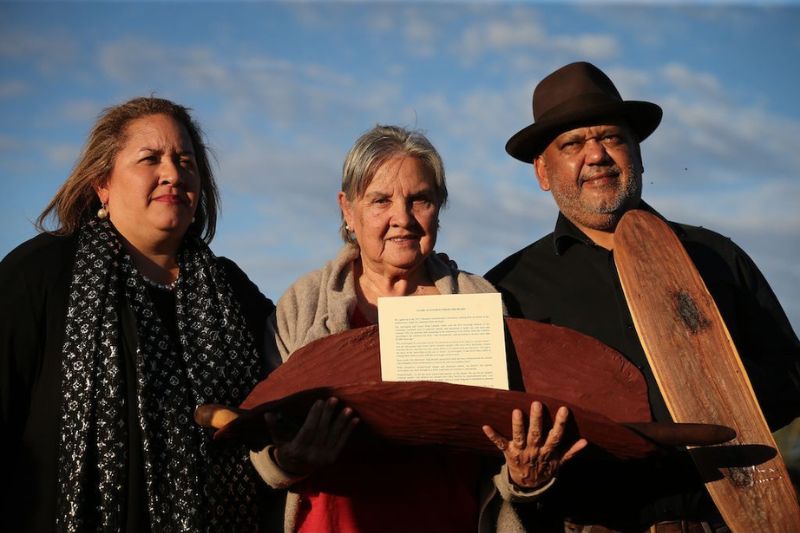
AUSTRALIA
- Frank Brennan
- 07 February 2024
12 Comments
The referendum result was a disaster for the country and a tragedy for First Australians and there has been little appetite for public discussion about lessons to be learnt from this abject failure. If we are to move forward, it’s time to begin the conversation about past mistakes.
READ MORE
-

AUSTRALIA
- Holly Lawford-Smith
- 02 February 2024
1 Comment
How can we make progress on the question of whether debate can do harm, and if it can, whether that’s a sufficient reason to suppress particular debates? Or should we adopt a ‘no debate!’ approach to particular topics ourselves?
READ MORE 
-

AUSTRALIA
- Andrew Hamilton
- 31 January 2024
4 Comments
What links the debate about the conduct of the war between Israel and Hamas in Gaza, the detention of children in a crowded and under-resourced Cairns watch house, and British legislation to send asylum seekers to Rwanda?
READ MORE
-
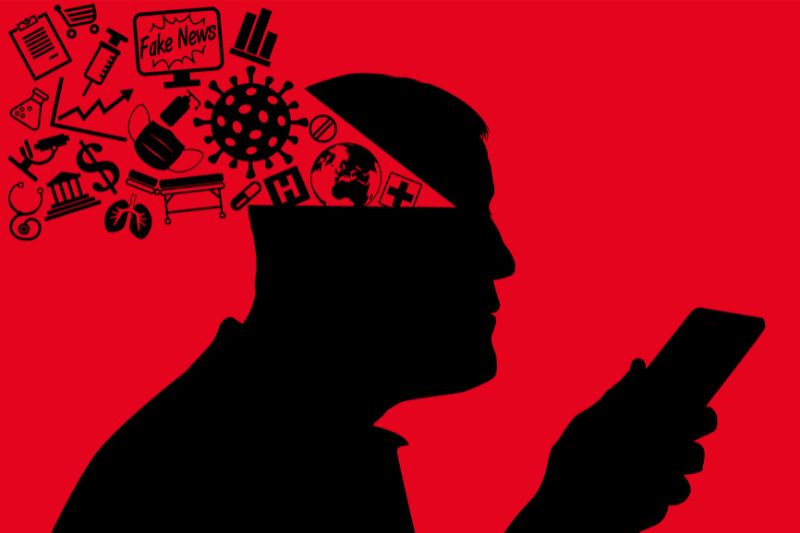
AUSTRALIA
- Frank Brennan
- 11 January 2024
As the government drafts legislation to stem the rising tide of misinformation circulating online, the nation debates: will these measures sufficiently regulate online content and curb potential harms or threaten freedom of expression? This moment is a critical test for the integrity of Australia's public discourse.
READ MORE
-
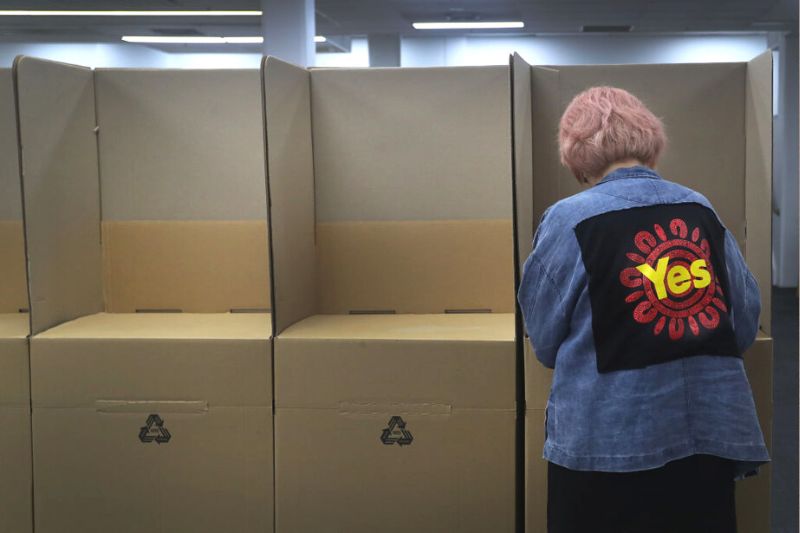
AUSTRALIA
- Joel Hodge
- 04 January 2024
The Australian Indigenous Voice referendum has been rejected, as anticipated by many, with the meaning and consequences now up for debate. This debate may be as crucial as the referendum debate itself to determining the future of reconciliation and what it means to be Australian in the 21st century.
READ MORE
-
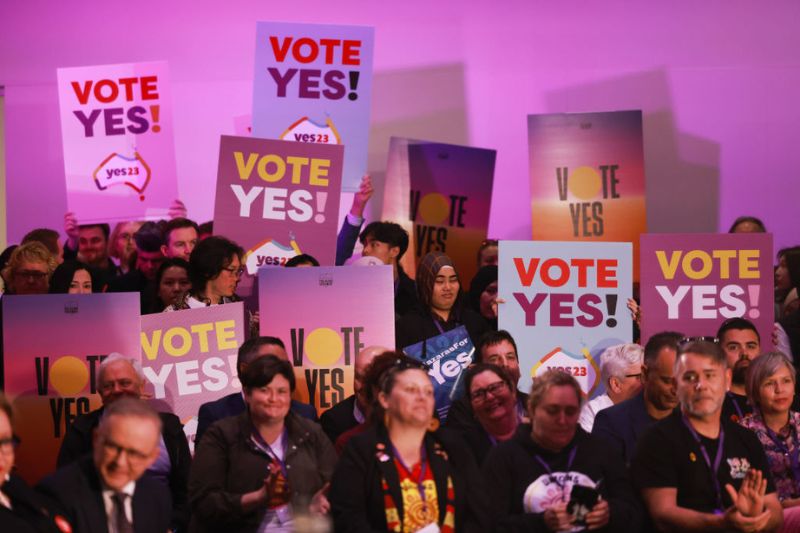
AUSTRALIA
- Frank Brennan
- 04 January 2024
As Australia approaches a pivotal referendum, voters face a critical choice: endorse a new chapter in the Constitution providing a 'First Nations Voice' or leave it untouched. Whichever way the vote goes, we will be left with a Constitution not fit for purpose in the 21st century.
READ MORE